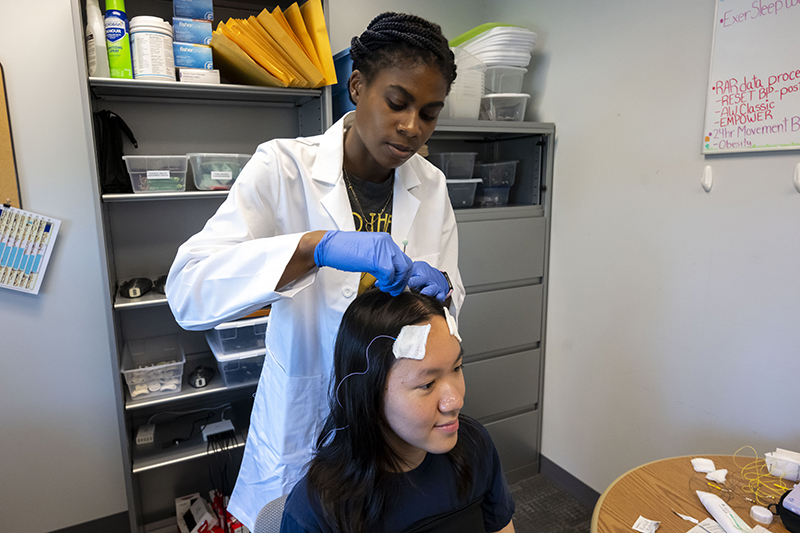
Coordinated by Associate Professor Christopher Kline
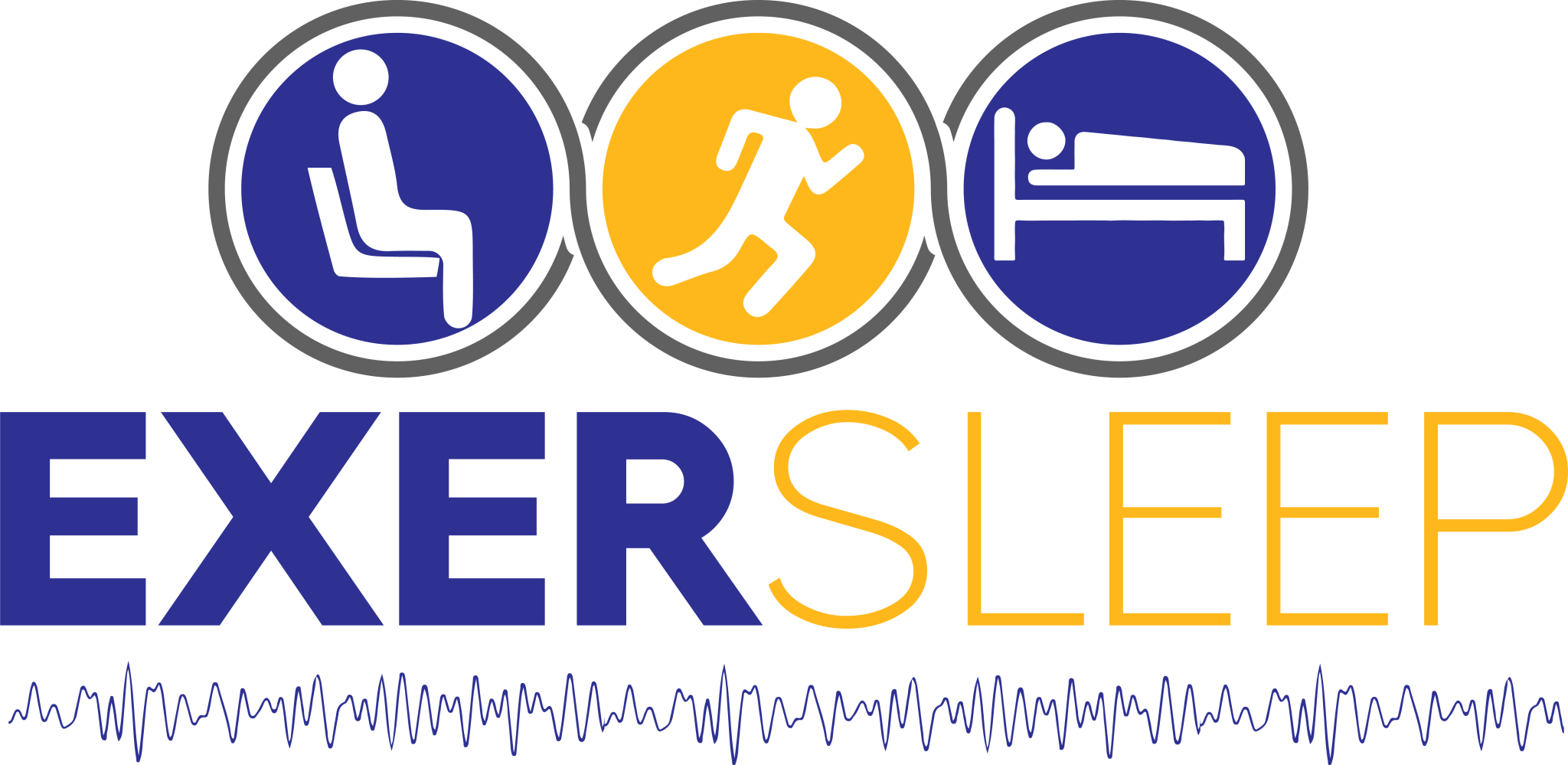 The ExerSleep Lab at PARC conducts research on the interrelationships between physical activity, sleep, and cardiometabolic risk. Specifically, we focus on three central topics: (1) the use of physical activity as a behavioral treatment for disturbed sleep (e.g., insomnia, sleep apnea) and the health consequences of these sleep disturbances; (2) how poor sleep impacts physical activity behavior; and (3) the independent and combined influences of physical activity and sleep on cardiometabolic risk.
The ExerSleep Lab at PARC conducts research on the interrelationships between physical activity, sleep, and cardiometabolic risk. Specifically, we focus on three central topics: (1) the use of physical activity as a behavioral treatment for disturbed sleep (e.g., insomnia, sleep apnea) and the health consequences of these sleep disturbances; (2) how poor sleep impacts physical activity behavior; and (3) the independent and combined influences of physical activity and sleep on cardiometabolic risk.
Our lab has examined these topics using a variety of approaches, including randomized controlled trials, cross-sectional studies, longitudinal observational investigations, and archival analyses of trials. Whenever possible, our research assesses sleep across multiple modalities, including self-report questionnaire, diary, actigraphy, home-based portable monitoring, and/or laboratory-based polysomnography. We often collaborate with colleagues in the Pitt Center for Sleep and Circadian Science and with researchers in the Schools of Medicine, Nursing, and Public Health.
Research Program
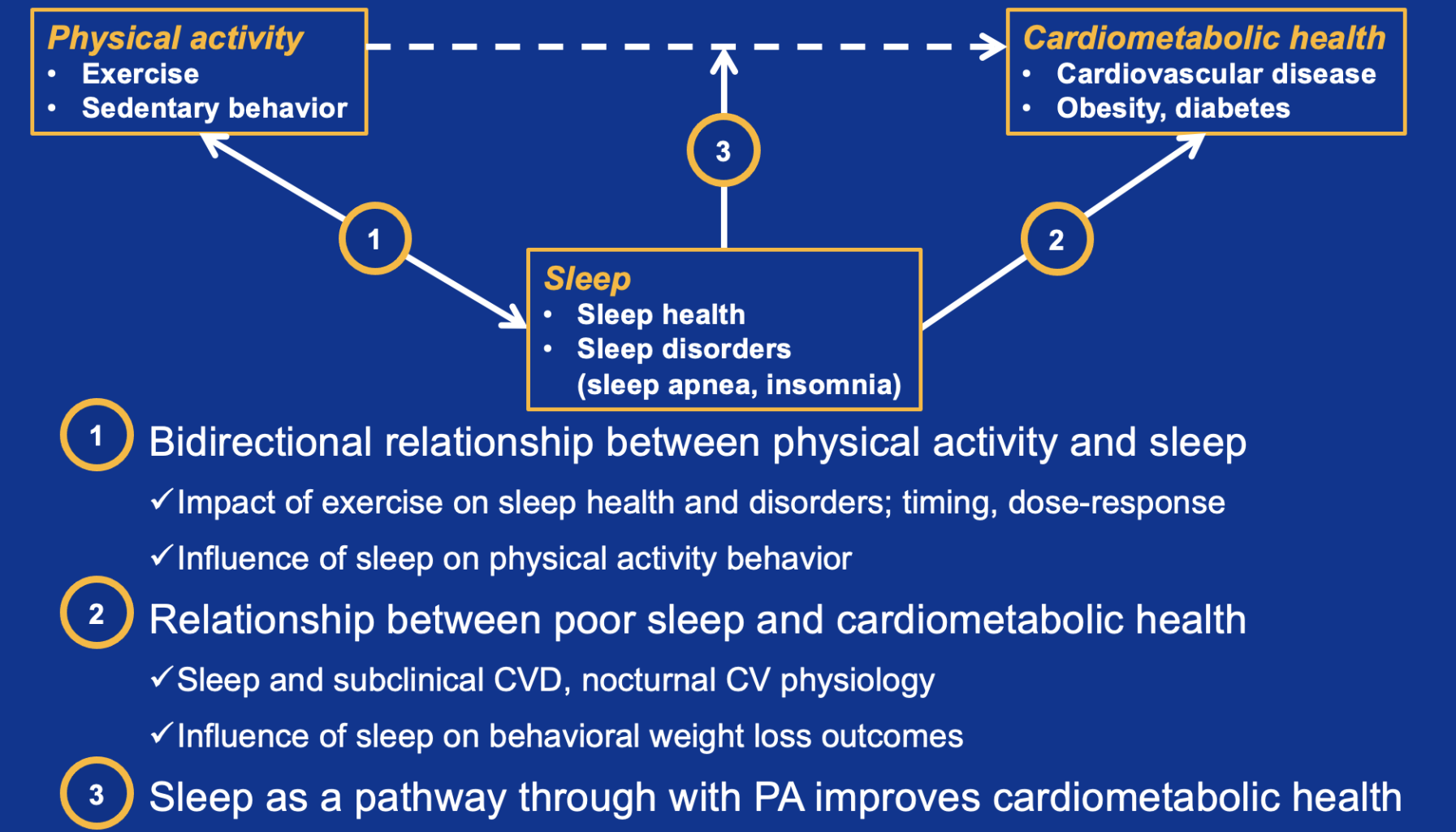
Equipment
- Physical Activity and Sleep Accelerometers
-
- ActiGraph GT9X Link wearable devices
- Actiwatch Spectrum Plus activity monitors
- BodyMedia SenseWear Pro armbands
- Polysomnography
-
- Advanced Brain Monitoring Sleep Profiler PSG2 unit
- Compumedics Siesta unit
- ResMed ApneaLink units
- Cardiovascular Measures
-
- iButton Thermochron temperature loggers
- Kubios HRV Scientific software
- MindWare HRV Analysis software
- Polar H10 sensors
- Polar M200 receivers
- Respiratory Physiology
-
- Impedimed SFB7 body composition monitor
- IOPI Pro tongue strength and endurance monitor
- MicroDirect Pneumotrac spirometer
Current and Recently Completed Projects
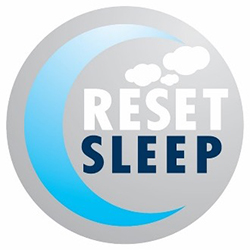 RESET SLEEP is an NIH-funded ancillary study (R01 HL147610; PI: Kline) to the RESET BP randomized clinical trial in which desk-working adults with elevated blood pressure were randomized to a 12-week sedentary behavior reduction intervention or no-contact control condition. Primary outcomes for the parent trial were office-assessed resting blood pressure, 24-hour ambulatory BP, and pulse wave velocity. The ancillary study added sleep assessment to the baseline and post-intervention assessments, including questionnaires, self-report diaries, wrist-worn actigraphy, and one night of home-based polysomnography. The goals of the ancillary study were to: (1) examine the effect of the sedentary behavior reduction intervention on sleep; and (2) examine the impact of poor sleep at baseline on intervention adherence and BP reduction. Data collection is complete for this study; final analyses are currently underway.
RESET SLEEP is an NIH-funded ancillary study (R01 HL147610; PI: Kline) to the RESET BP randomized clinical trial in which desk-working adults with elevated blood pressure were randomized to a 12-week sedentary behavior reduction intervention or no-contact control condition. Primary outcomes for the parent trial were office-assessed resting blood pressure, 24-hour ambulatory BP, and pulse wave velocity. The ancillary study added sleep assessment to the baseline and post-intervention assessments, including questionnaires, self-report diaries, wrist-worn actigraphy, and one night of home-based polysomnography. The goals of the ancillary study were to: (1) examine the effect of the sedentary behavior reduction intervention on sleep; and (2) examine the impact of poor sleep at baseline on intervention adherence and BP reduction. Data collection is complete for this study; final analyses are currently underway.
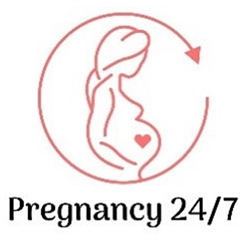 Pregnancy 24-7 is an NIH-funded multi-site observational cohort study (R01 HL153095; PI: Whitaker) of 500 pregnant women that is examining 24-hour behavioral patterns (sedentary behavior, physical activity, and sleep) in each trimester of pregnancy and examining how these behavioral patterns are associated with adverse pregnancy outcomes. As a co-investigator on the project, Dr. Kline’s team is responsible for processing the sleep data collected from each site. Recruitment for this study is complete; data collection is anticipated to be complete by the end of 2024.
Pregnancy 24-7 is an NIH-funded multi-site observational cohort study (R01 HL153095; PI: Whitaker) of 500 pregnant women that is examining 24-hour behavioral patterns (sedentary behavior, physical activity, and sleep) in each trimester of pregnancy and examining how these behavioral patterns are associated with adverse pregnancy outcomes. As a co-investigator on the project, Dr. Kline’s team is responsible for processing the sleep data collected from each site. Recruitment for this study is complete; data collection is anticipated to be complete by the end of 2024.
KINETICS is an NIH-funded cross-sectional study (K23 HL118318, R03 HL148357; PI: Kline) that is examining the independent and combined associations of insomnia and short sleep duration with multiple markers of subclinical cardiovascular and metabolic risk. Participants are carefully screened with a diagnostic interview for sleep disorders and mental health disorders. Sleep is comprehensively assessed with questionnaires, self-report diaries, wrist-worn actigraphy, and one night of laboratory-based polysomnography. Primary outcomes include pulse wave velocity, flow-mediated dilation, and insulin sensitivity. Data collection will be complete by the end of 2024.
